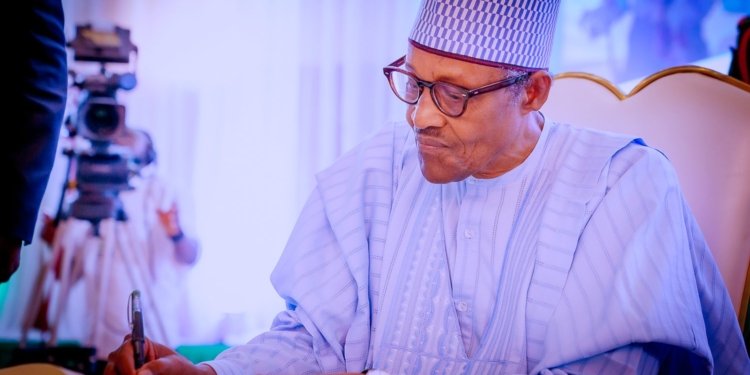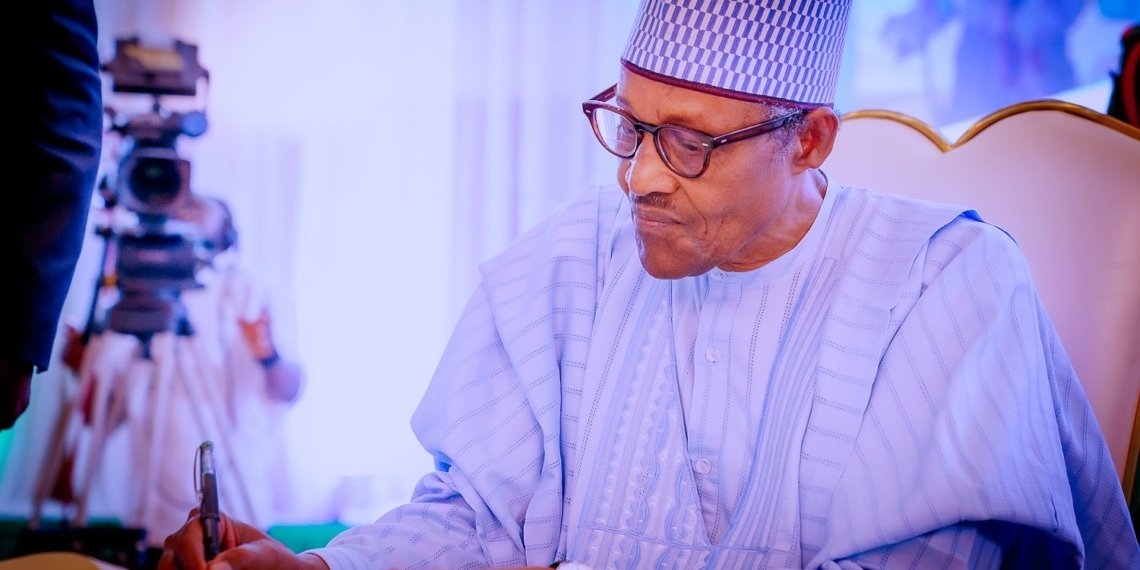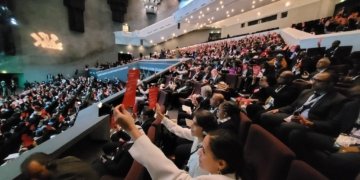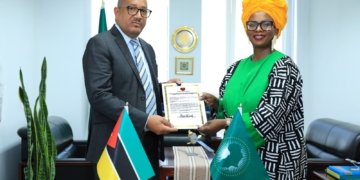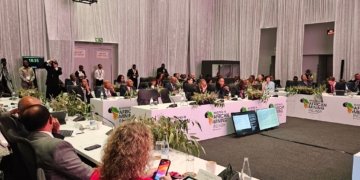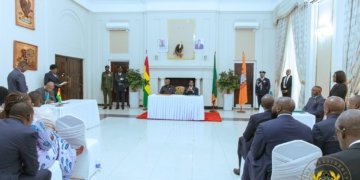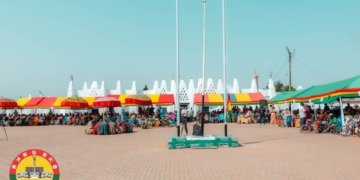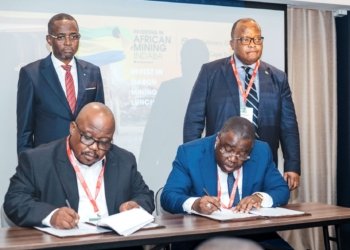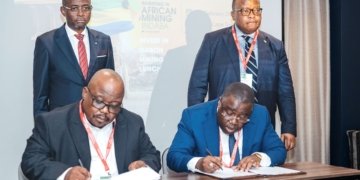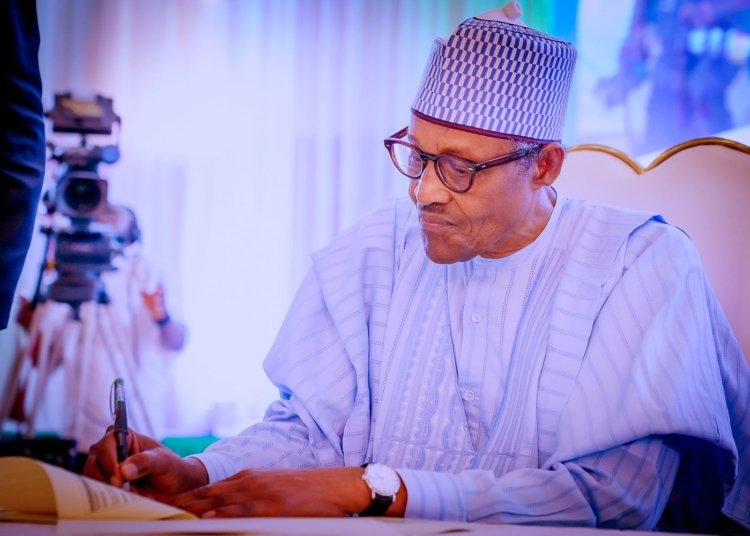Abuja – Former Nigerian President Muhammadu Buhari died Sunday at a London clinic following a prolonged illness, his spokesman announced. He was 82.
Buhari served as Nigeria’s president from 2015 to 2023 and previously ruled the country as military head of state from 1983 to 1985.
His death ends the career of Nigeria’s most enduring political figure, who led Africa’s most populous nation through decades of military rule and democratic transition.
President Bola Ahmed Tinubu ordered flags flown at half-staff and directed Vice President Kashim Shettima to travel to the United Kingdom to accompany Buhari’s body back to Nigeria.
Military Career and Early Rule
Born December 17, 1942, in Daura, Katsina State, Buhari lost his father at age three and was raised by his elder brother. After military training in Nigeria, Britain, India and the United States, he served throughout the Nigerian Civil War from 1967 to 1970 without taking leave.
He became military governor of the old North-Eastern State in 1975 and Federal Commissioner for Petroleum Resources in 1976 under General Olusegun Obasanjo’s government.
On December 31, 1983, Buhari led a bloodless coup against President Shehu Shagari, becoming military head of state at 41.
His regime implemented the “War Against Indiscipline,” compelling civil servants to perform exercises for tardiness and forcing citizens to form orderly queues at bus stops under military supervision.
The military government froze bank accounts of suspected fraudsters and imposed harsh penalties for economic crimes.
General Ibrahim Babangida overthrew Buhari in August 1985 amid worsening economic conditions.
Democratic Comeback
After his release from detention in 1988, Buhari served as Executive Chairman of the Petroleum Trust Fund from 1994 to 1999, earning praise for transparency and efficiency.
He launched his presidential ambitions in 2003, losing to Olusegun Obasanjo.
He lost again in 2007 to Umaru Yar’Adua and in 2011 to Goodluck Jonathan, securing over 12 million votes in each campaign.
In 2015, running under the All Progressives Congress banner, Buhari defeated incumbent Jonathan by more than 2.5 million votes, becoming the first opposition candidate to defeat a sitting Nigerian president. At 72, he became the oldest person to assume the presidency.
Presidential Record
Buhari’s eight-year presidency launched Nigeria’s largest infrastructure program in decades, investing in roads, railways, airports and power plants.
His administration used innovative financing including Sukuk Bonds and Green Bonds to fund development projects.
The government provided more than 82 billion naira in funding to 350,000 farmers through the Anchor Borrowers’ Programme and implemented the Home Grown Feeding Programme to reduce food imports.
Anti-corruption efforts recovered billions of dollars in stolen funds and led to prosecutions of numerous officials.
The Treasury Single Account policy reduced revenue leakages and improved government financial management.
Nigeria fell into recession in 2016 due to declining oil prices before recovering. Security challenges persisted throughout his tenure, including the Boko Haram insurgency, banditry, kidnapping and separatist movements.
Buhari’s frequent medical trips to London, particularly extended stays in 2017 and 2018, sparked health concerns and conspiracy theories that he dismissed publicly.
International Role
Buhari championed the African Continental Free Trade Agreement (AfCFTA) and advocated for debt relief for developing nations.
He played key roles in regional peace initiatives through the Economic Community of West African States.
During the COVID-19 pandemic, he served as ECOWAS COVID-19 Champion, coordinating regional responses to the health crisis.
Personal Life and Legacy
Colleagues described Buhari as a man of simple tastes who maintained a modest lifestyle as president. After divorcing his first wife in 1988, he married Aisha Halilu, who became known for advocacy on women’s and children’s issues.
Supporters viewed him as a symbol of integrity who brought discipline to government and fought corruption.
Critics characterized him as authoritarian, citing his rigid governing style and struggles with security challenges.
His journey from orphaned child to continental leader reflects the complex nature of post-colonial African politics. Whether seen as disciplinarian or authoritarian, Buhari shaped modern Nigeria through nearly five decades in public service.
Buhari served as Nigeria’s military head of state from 1983-1985 and president from 2015-2023.
